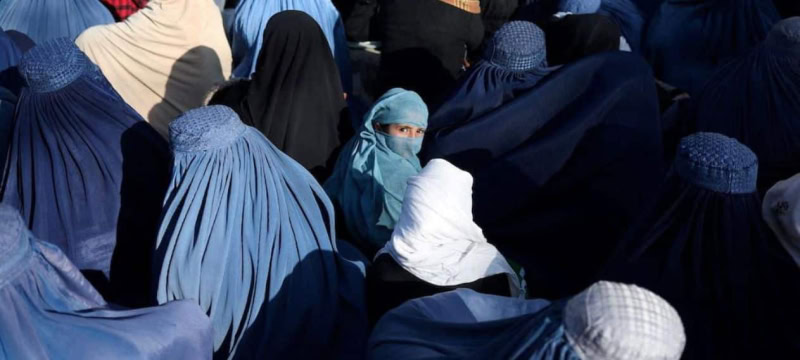Since the Taliban’s takeover in 2021, their restrictions on women’s education and employment in Afghanistan have led to considerable economic and social repercussions. The prohibition on secondary education for girls has impacted over 1 million students, while the ban on university and professional education for women, deemed un-Islamic by the Taliban government, has further exacerbated the situation.
UNICEF reports that this educational ban has caused an economic loss exceeding $500 million over the past year. Additionally, Afghan media highlights the unemployment of thousands of female teachers, with over 14,000 government teaching positions eliminated. These educators are now restricted to primary school roles.
Read more: Pakistan And Afghan Taliban Met In Doha To Discuss Bilateral And Regional Relations
Employment restrictions have hindered many women from supporting their families, contributing to increasing unemployment rates and psychological distress. The closure of educational institutions and reduction in job opportunities have particularly affected women who were previously family breadwinners.
These violations of human rights, particularly concerning women’s fundamental rights, have drawn significant international condemnation. The United Nations and the global community are urged to take decisive action against the Taliban’s severe human rights abuses.









